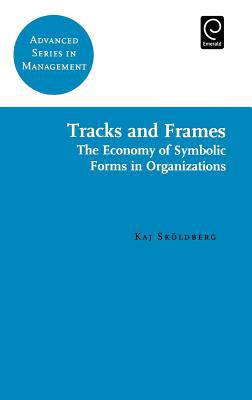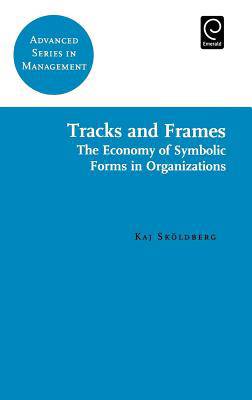
- Afhalen na 1 uur in een winkel met voorraad
- Gratis thuislevering in België vanaf € 30
- Ruim aanbod met 7 miljoen producten
- Afhalen na 1 uur in een winkel met voorraad
- Gratis thuislevering in België vanaf € 30
- Ruim aanbod met 7 miljoen producten
Zoeken
Omschrijving
This volume unifies central parts of organization and management theory that have thus far been fragmented and unconnected. It integrates prior research on organizational types and transitions, and also spawns a number of incipient theories about organizational transformations. The book develops the framework of a "symbolic economy" in which organizations are viewed as fundamentally concerned with symbol-processing devices. A key notion is "planning cultures" - global mental representations of an organization, or collective frames of mind expressing different levels of strategic capacity. Organizational transitions are seen as movements on a buckled or warped field between seven different planning cultures, motivated by the need to economize on "social energy". This field is shaped by various transforming factors, most notably uncertainty and pressure.
Specificaties
Betrokkenen
- Uitgeverij:
Inhoud
- Aantal bladzijden:
- 232
- Taal:
- Engels
- Reeks:
- Reeksnummer:
- nr. 1
Eigenschappen
- Productcode (EAN):
- 9780080434322
- Verschijningsdatum:
- 29/11/2001
- Uitvoering:
- Hardcover
- Formaat:
- Genaaid
- Afmetingen:
- 165 mm x 240 mm
- Gewicht:
- 544 g

Alleen bij Standaard Boekhandel
+ 496 punten op je klantenkaart van Standaard Boekhandel
Beoordelingen
We publiceren alleen reviews die voldoen aan de voorwaarden voor reviews. Bekijk onze voorwaarden voor reviews.







